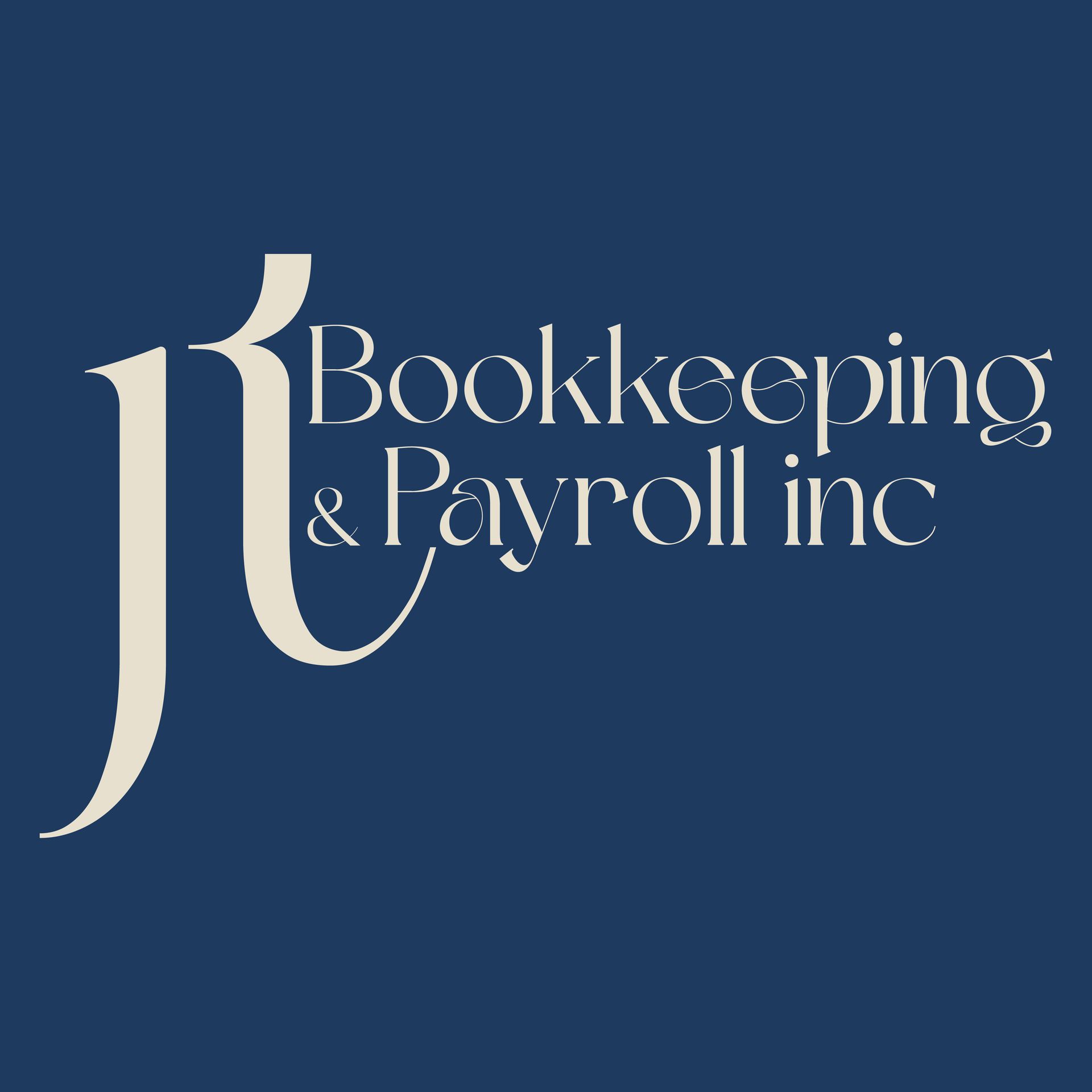The Latest Trends in Small Business Bookkeeping
Embracing Automation
The world of small business bookkeeping is evolving rapidly, and one of the most significant trends is the adoption of automation. By utilizing software tools, small businesses can automate repetitive tasks like invoicing, payroll, and expense tracking. This not only saves time but also reduces human error, ensuring more accurate financial records.
Cloud-based accounting software is at the forefront of this trend. Solutions like QuickBooks Online and Xero allow business owners to access their financial data from anywhere, offering flexibility and real-time insights into their finances. This shift to the cloud is enabling small businesses to be more agile and informed in their decision-making.

AI and Machine Learning Integration
Artificial Intelligence (AI) and Machine Learning (ML) are becoming integral components of modern bookkeeping practices. These technologies can analyze vast amounts of financial data quickly and accurately, identifying patterns and trends that may not be obvious at first glance. This allows small businesses to make more informed decisions and forecast future financial scenarios with greater confidence.
AI-powered tools can also assist in fraud detection by monitoring transactions for unusual activity. By implementing such tools, businesses can safeguard their finances and ensure compliance with regulatory standards.

The Rise of Outsourced Bookkeeping
Another trend gaining momentum is the outsourcing of bookkeeping tasks. Many small businesses are turning to third-party providers to handle their financial records. This approach can be more cost-effective than hiring a full-time in-house bookkeeper, and it allows business owners to focus on core activities.
Outsourcing can also provide access to a team of experts who are well-versed in the latest bookkeeping trends and technologies. This ensures that the business is always compliant with tax laws and financial regulations.
Focus on Data Security
With the increase in digital bookkeeping, data security has become a top priority. Small businesses are investing in secure cloud solutions and implementing strong cybersecurity measures to protect sensitive financial information. This includes using encryption, two-factor authentication, and regular security audits.
Data breaches can have devastating effects on a business, leading to financial losses and reputational damage. By prioritizing data security, small businesses can build trust with their clients and safeguard their financial health.

Personalized Financial Insights
As bookkeeping technology advances, there is a growing demand for personalized financial insights. Small businesses are now able to leverage data analytics to gain a deeper understanding of their financial health. Customized reports and dashboards offer valuable insights into revenue streams, expenses, and profitability.
These insights empower business owners to make strategic decisions, optimize operations, and identify opportunities for growth. By tailoring financial analysis to their specific needs, small businesses can achieve more targeted and effective financial planning.
Sustainability and Ethical Practices
Finally, sustainability and ethical practices are becoming more prominent in small business bookkeeping. Many businesses are now focusing on sustainable financial practices, such as reducing paper usage and implementing eco-friendly technologies.
Additionally, ethical bookkeeping involves transparency and accountability in financial reporting. By adhering to ethical standards, small businesses can build a reputation for integrity and foster trust with stakeholders.

